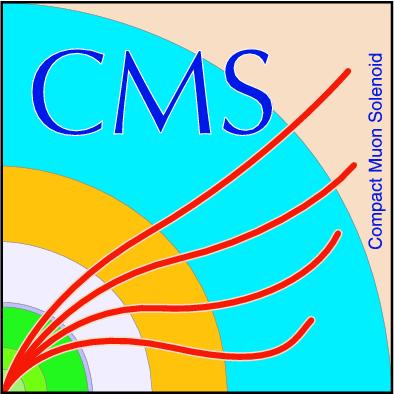
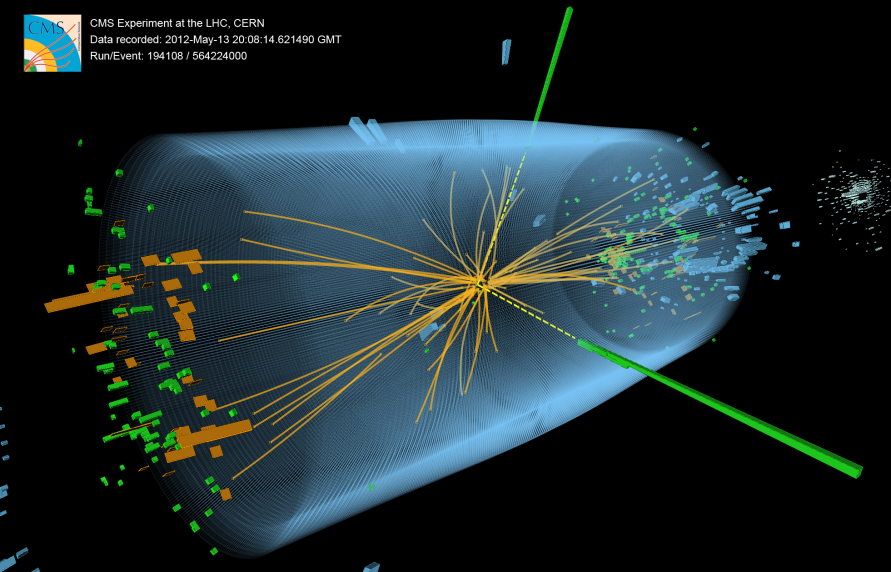
Compact Muon Solenoid
LHC, CERN
| CMS-PAS-HIN-21-002 | ||
| Azimuthal anisotropy of jet quenching in dijet events in PbPb collisions at $\sqrt{\smash[b]{s_{_{\mathrm{NN}}}}} = $ 5.02 TeV | ||
| CMS Collaboration | ||
| April 2022 | ||
| Abstract: The path-length dependent parton energy loss within the quark-gluon plasma created in lead-lead collisions at $\sqrt{\smash[b]{s_{_{\mathrm{NN}}}}} = $ 5.02 TeV is studied by determining the azimuthal anisotropies for high-$p_{\mathrm{T}}$ dijets. The anisotropies are expressed as the Fourier expansion coefficients $v_{2}$, $v_{3}$, and $v_{4}$. The data were collected by the CMS experiment in 2018 and correspond to an integral luminosity of 1.7 nb$^{-1}$. Jet-hadron and hadron-hadron correlations from events with back-to-back dijets are constructed as functions of relative azimuthal angle and pseudorapidity between a jet and a hadron and between two hadrons, respectively. Together, these correlations allow for a determination of the dijet $v_{n}$ values assuming factorization. Restricting the analysis to long-range components of the correlations provides robust suppression of background contributions from fragmentation processes. Positive dijet $v_{2}$ values are found that show a strong centrality dependence, consistent with previous high-$p_{\mathrm{T}}$ hadron and inclusive jet measurements. The dijet $v_{3}$ and $v_{4}$ values are consistent with zero, which is also seen for high-$p_{\mathrm{T}}$ hadron $v_{3}$ values in previous studies. | ||
|
Links:
CDS record (PDF) ;
Physics Briefing ;
CADI line (restricted) ;
These preliminary results are superseded in this paper, JHEP 07 (2023) 139. The superseded preliminary plots can be found here. |
||

|
Compact Muon Solenoid LHC, CERN |
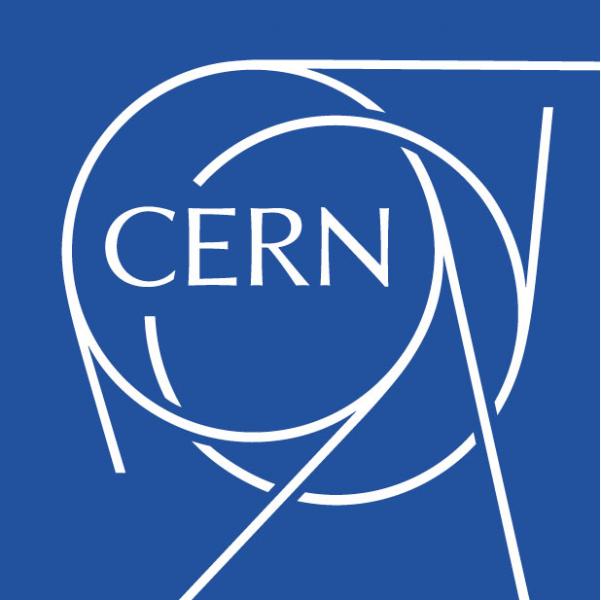
|
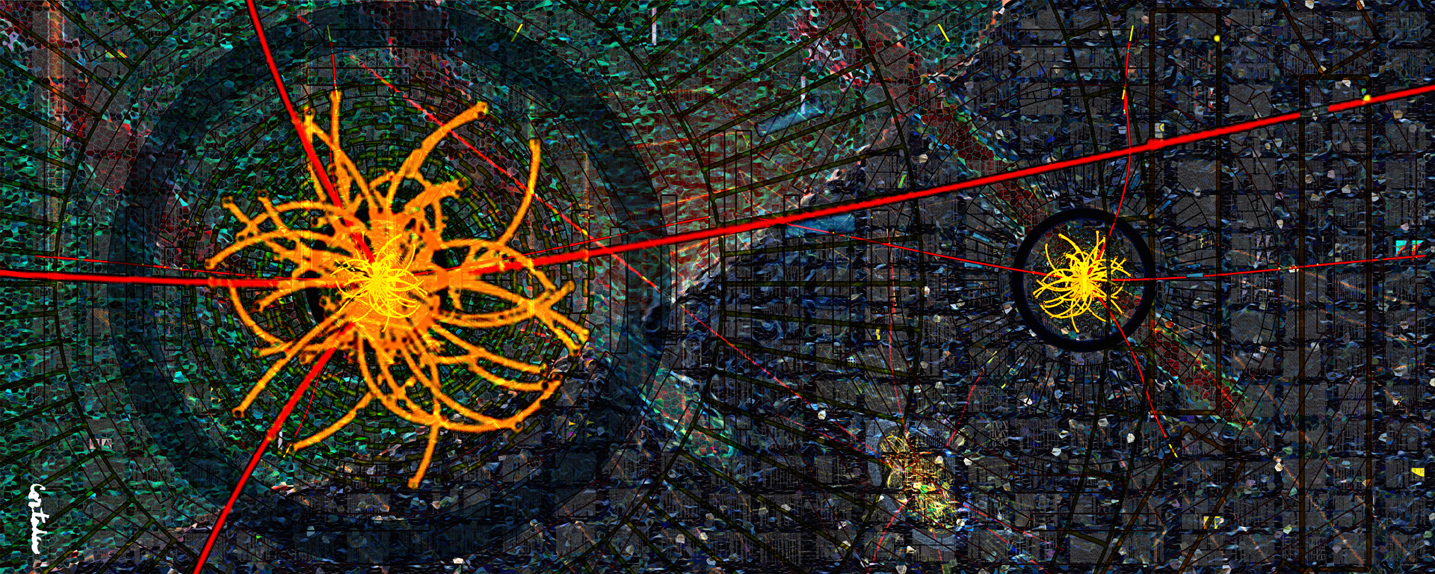
|
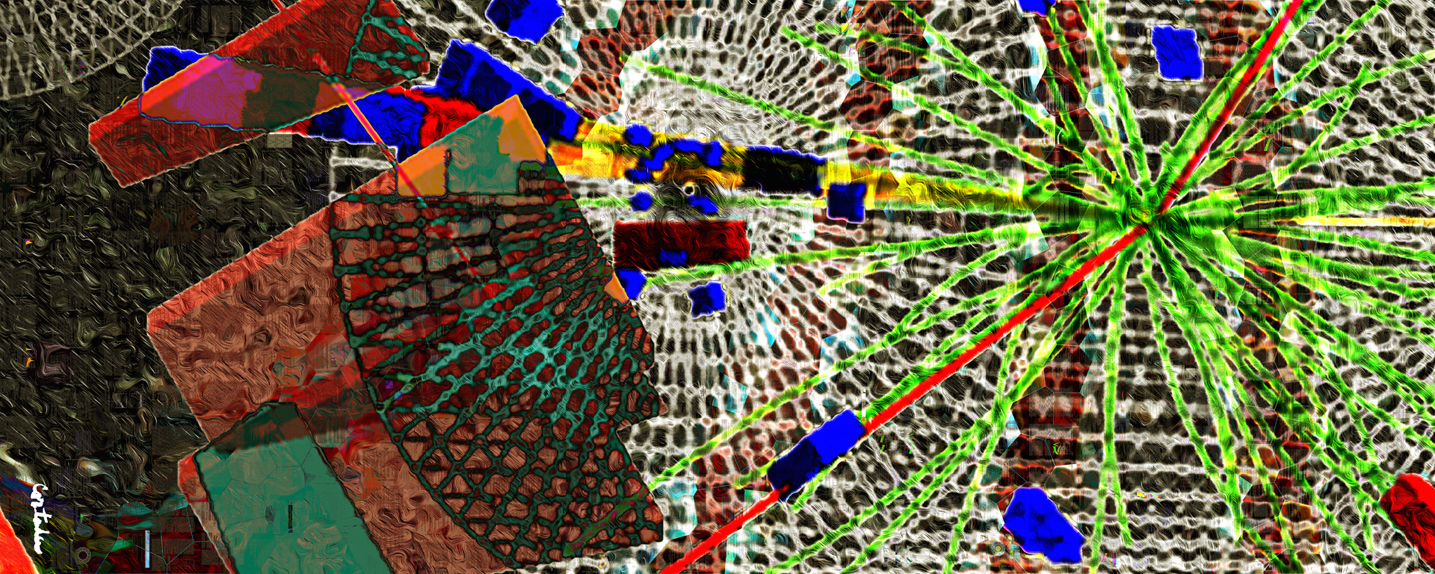
|
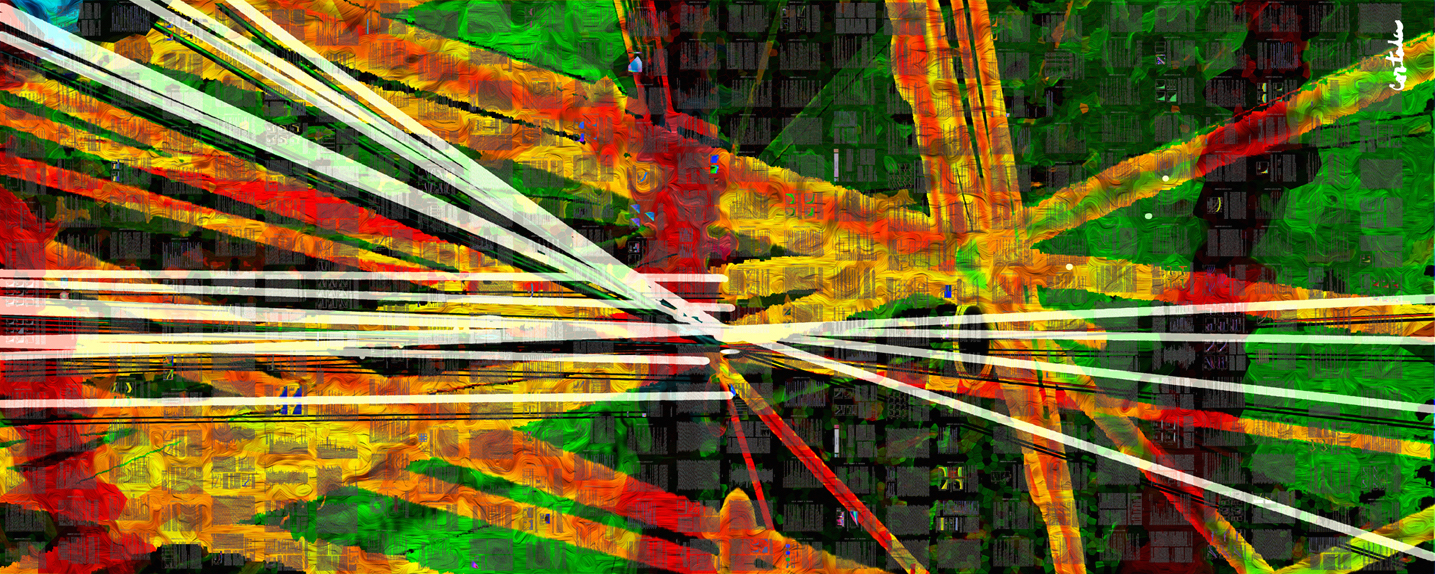
|
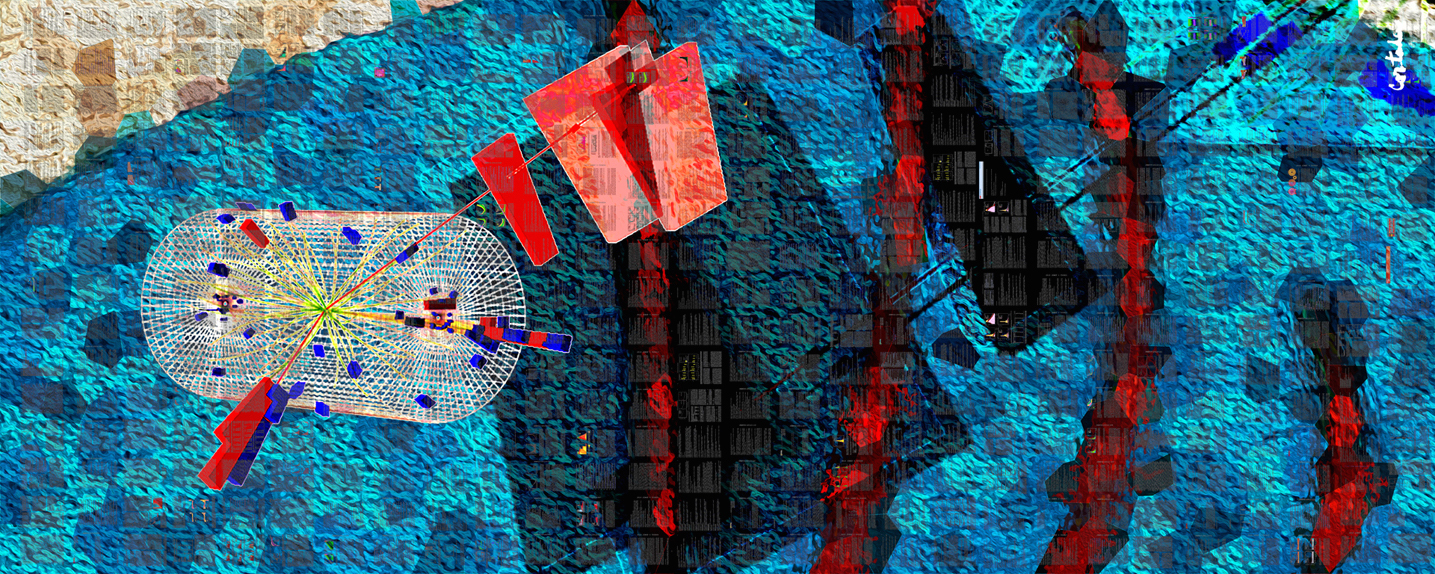
|
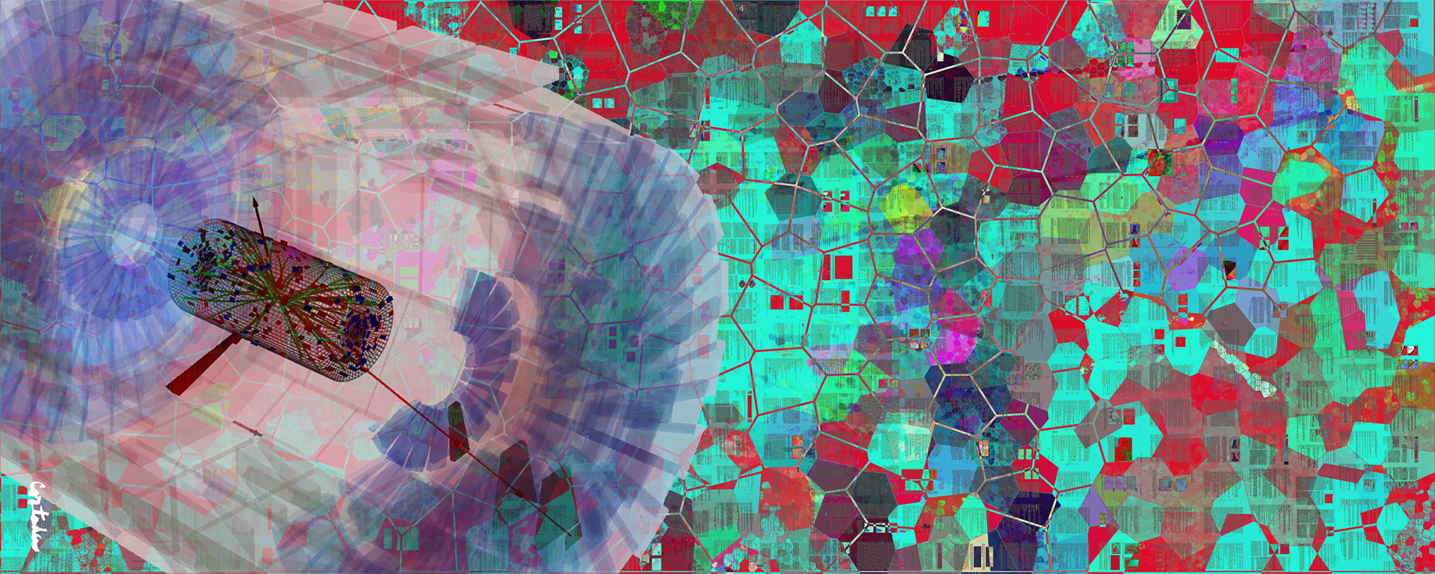
|